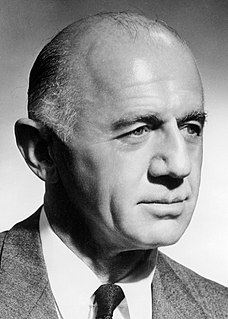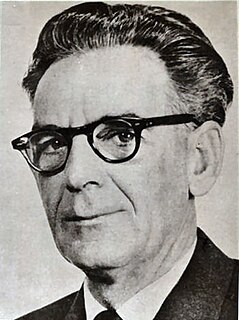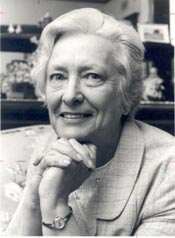
Sir William McMahon, was an Australian politician who served as the 20th Prime Minister of Australia, in office from 1971 to 1972 as leader of the Liberal Party. He was a government minister for over 21 years, the longest continuous ministerial service in Australian history.

Joseph Benedict Chifley was an Australian politician who served as the 16th Prime Minister of Australia, in office from 1945 to 1949. He was leader of the Labor Party from 1945 until his death.

Francis Michael Forde was an Australian politician who served as Prime Minister of Australia from 6 to 13 July 1945. He held office after the death of John Curtin, and is the shortest-serving prime minister in Australia's history.

An agent-general is the representative in the United Kingdom of the government of a Canadian province or an Australian state and, historically, also of a British colony in Jamaica, Nigeria, Canada, Malta, South Africa, Australia or New Zealand and subsequently, of a Nigerian region. Australia and Canada's federal governments are represented by high commissions, as are all Commonwealth national governments today.

Lieutenant General Sir John Northcott was an Australian Army general who served as Chief of the General Staff during the Second World War, and commanded the British Commonwealth Occupation Force in the Occupation of Japan. He was the first Australian-born Governor of New South Wales.

Although most Australian civilians lived far from the front line of World War II, the Australian home front during World War II played a significant role in the Allied victory and led to permanent changes to Australian society.

Francis Patrick John "Frank" Dwyer FAA was Professor of Chemistry, Australian National University, Canberra. He was one of the most distinguished scientists Australia has produced. At the time of his death in 1962 he was widely recognised as a leading authority in inorganic chemistry, and had laid the foundation in Australia for a new field of research bridging science and medicine—biological inorganic chemistry. His influence as a teacher and as a researcher was widespread.
William Ballantyne Simpson was an Australian soldier, barrister, Army officer, administrator and Supreme Court judge.

Colonel Sir Edward Ford, was an Australian soldier, academic and physician. He played an important role in the anti-malaria campaign in the South West Pacific Area during the Second World War, and in preventative medicine in Australia after the war, but is best known for his Bibliography of Australian Medicine.
David Marcus Rosalky is an Academic and a retired senior Australian public servant. He is currently a Visiting Fellow at the Crawford School of Economics and Government at the Australian National University in Canberra.

Dr Ashton Trevor Calvert was a senior Australian public servant. He was Secretary of the Department of Foreign Affairs and Trade between April 1998 and January 2005.
Dr Louis John Wienholt (1918–1973) was a senior Australian public servant, including as Secretary of the Department of Social Security in 1973.
Sir Henry Armand "Harry" Bland was a senior Australian public servant. He was Secretary of the Department of Defence from 1968 to 1970.
Francis Harry "Frank" Rowe was a senior Australian public servant, best known for his time as Director-General of the Department of Social Services.

Sir Frank Keith Officer, was an Australian public servant and diplomat, best known for his postings in ambassadorial positions around the world.
Dr Arthur John Metcalfe was a senior Australian public servant, best known for his time as Director-General of the Department of Health.
John Howard Lidgett Cumpston was a senior Australian public servant, and first Director-General of the Department of Health.
Dr Donald Fred "Don" McMichael is a retired marine biologist and senior Australian public servant.
Richard Mark ("Dick") Persson is a New South Wales and Queensland public servant and local government administrator.

Helen Alma Newton Turner was an Australian geneticist and statistician. She was a leading authority on sheep genetics and worked at the Commonwealth Scientific and Industrial Research Organisation (CSIRO) for 40 years.















